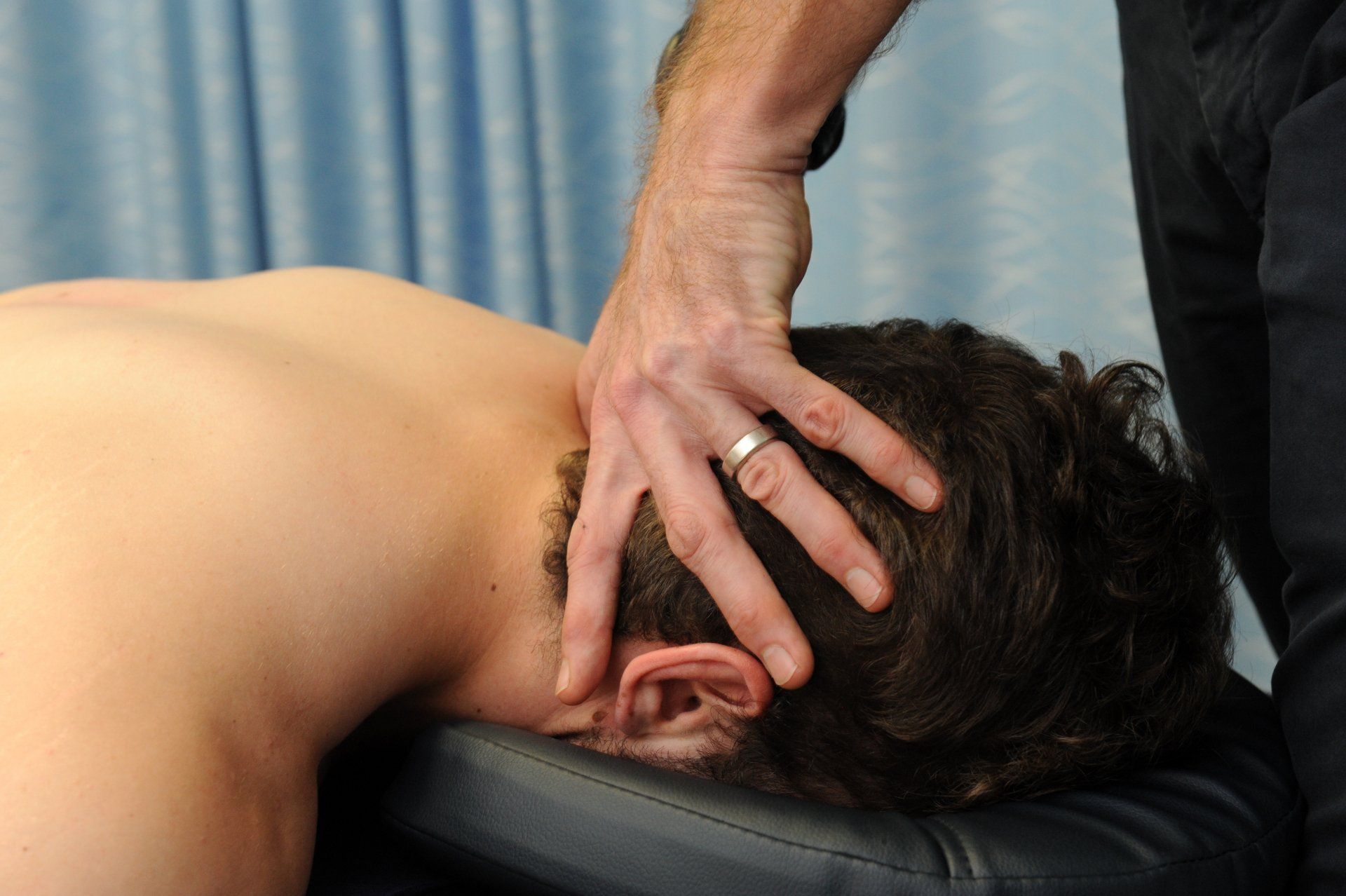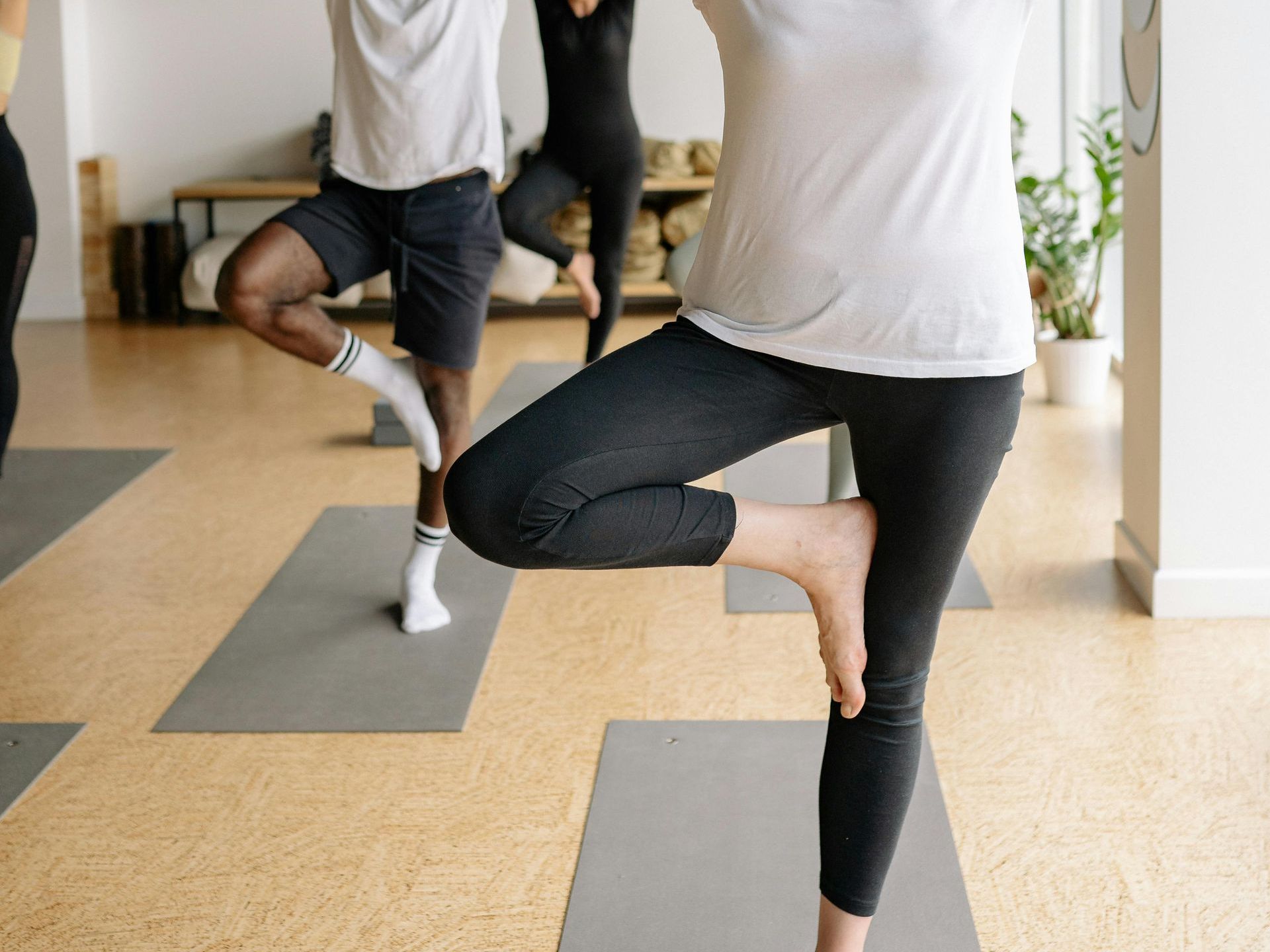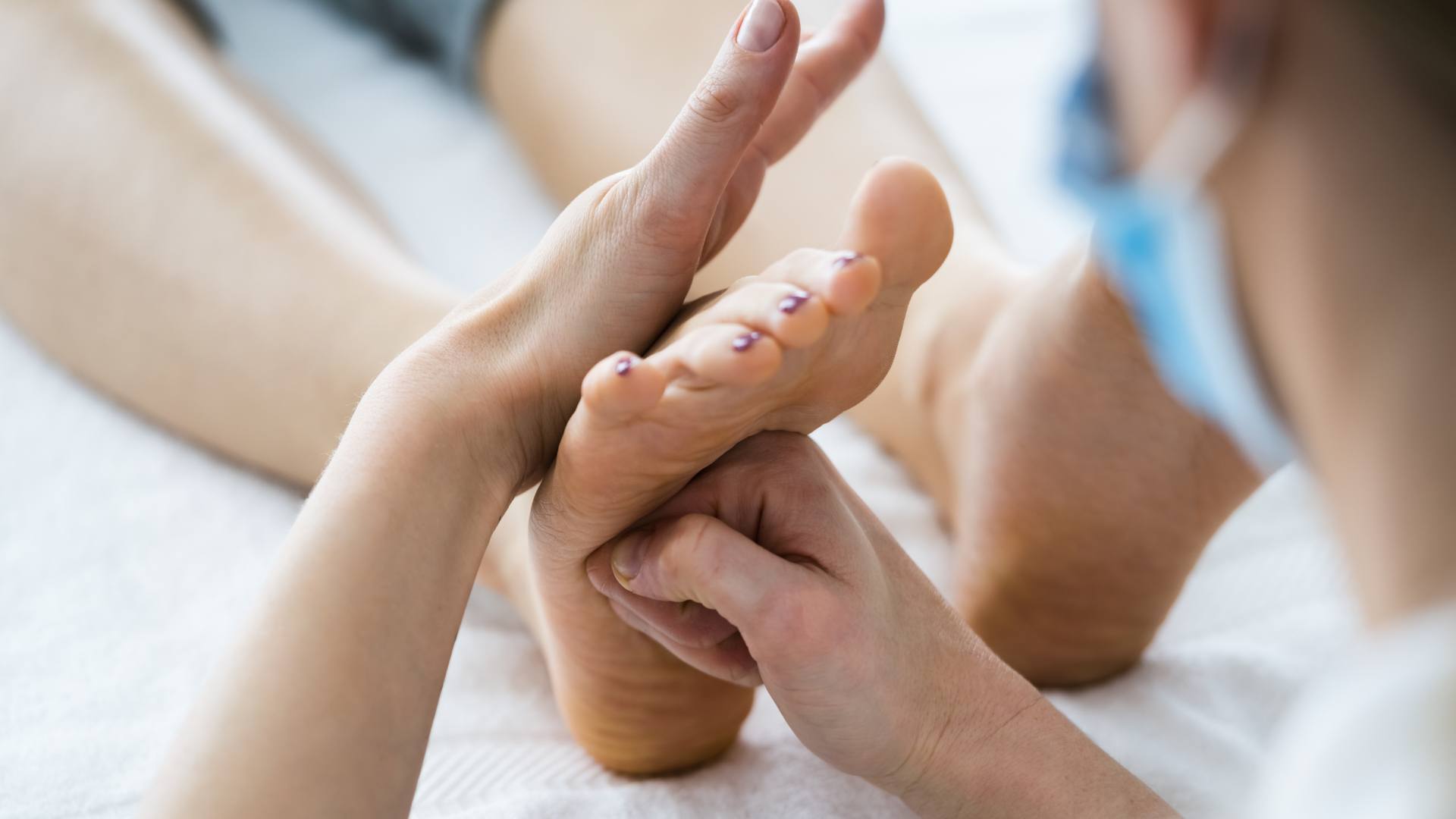Arthritis
Arthritis is a name for a group of conditions that affect the joints, causing damage that usually results in joint pain and stiffness. Arthritis can affect many different parts of the joint and nearly every joint in the body.
There are over 100 different types of arthritis and each type affects the joint and the individual person differently. Some types of arthritis only affect the local joint, while other types of arthritis can affect adjacent structures and other organs, such as the eye.
The most common forms of arthritis are:
- Osteoarthritis
- Rheumatoid Arthritis
- Gout
- Ankylosing Spondylitis
Arthritis doesn't discriminate. It affects people of all ages, backgrounds, gender and lifestyles. Approximately two thirds of people with arthritis are aged 15-60 years, and affects people of all ages, not just the elderly. While arthritis does affect people differently dependent on the type of arthritis present, commonly signs and symptoms are:
- Joint pain and swelling
- Stiffness and/or reduced movement of a joint
- Redness over the joint, often accompanied by and warmth to the touch
- General symptoms, such as fatigue, loss of weight or feeling unwell.
If you think you might have arthritis, it is recommended that you consult with your doctor. Once a diagnosis has been made, the management of arthritis requires a multi-disciplinary approach that includes pain relief, physiotherapy, hydrotherapy and exercise therapy.
There is not currently a cure for arthritis. However there are many effective strategies for reducing the pain and discomfort associated with arthritis, permitting people with arthritis to continue to lead an active, healthy and enjoyable lifestyle. Studies have shown that movement, or therapeutic exercise, is regarded as the best form of treatment for arthritis. Through individually designed programs, your physiotherapist can help keep your joints and muscles active, while providing you with home exercise tools to improve overall quality of life.
At Movement For Life Physiotherapy we can
help you understand how arthritis affects you, while getting you moving, stretching and strengthening affected and surrounding joints.
Consult with one of our physiotherapists today to learn more about what you can do to help manage your symptoms, maintain your strength and joint function and keep moving, for life.








